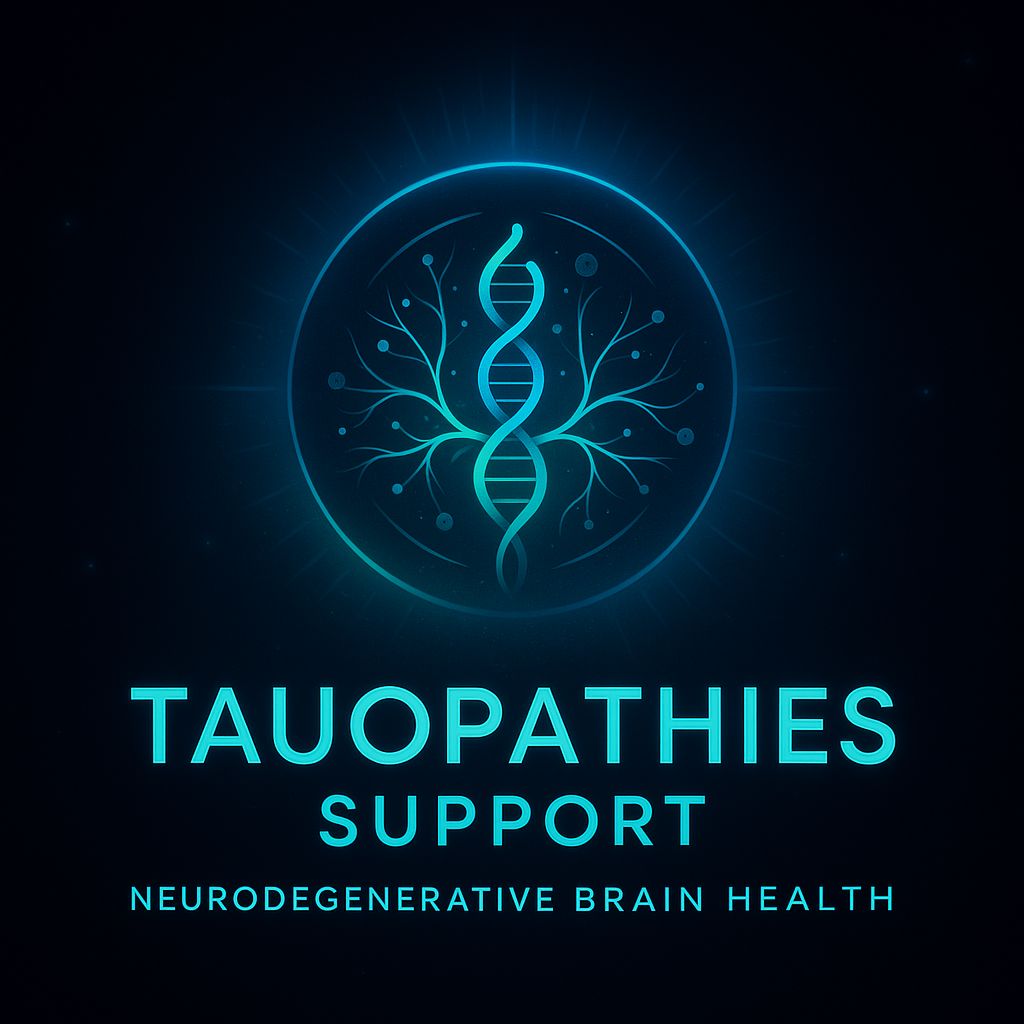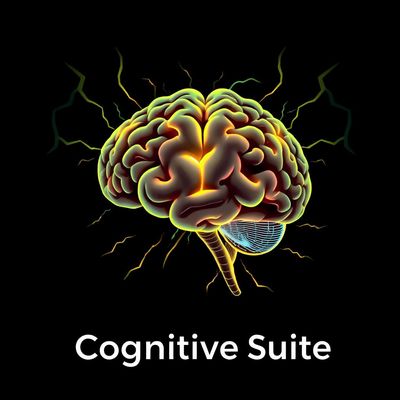
Tauopathies Support
Tau Support Formula — a targeted phytotherapeutic blend designed to counter tau pathology, protect neurons, and support cognitive resilience.
Product Details Tau Support Formula combines botanicals and bioactives selected to reduce tau hyperphosphorylation/misfolding, enhance proteostasis, and support neuronal repair. The blend targets oxidative stress, neuroinflammation, and impaired protein clearance to help slow progression of tauopathy-related dysfunction and support cognitive function.
Ingredients and actions
- Huperzine A (Huperzia serrata): reversible acetylcholinesterase inhibitor that enhances cholinergic transmission and supports memory and learning; neuroprotective in AD-related cognitive decline.
- Glycyrrhiza glabra (Licorice): reduces tau misfolding and reactive oxygen species, modulates UPR/proteostasis pathways, and supports cellular protein-folding homeostasis.
- Ginkgo biloba: flavonoids and terpenoids provide antioxidant and anti-inflammatory effects; supports microcirculation and cognitive performance in mild cognitive impairment/AD contexts.
- Curcumin (Curcuma longa): anti-inflammatory and antioxidant; modulates kinase signaling and proteostasis pathways implicated in tau phosphorylation and aggregation.
- EGCG (Epigallocatechin gallate, Green Tea): stabilizes tau conformation in preclinical models, reduces aggregation propensity, and lowers oxidative stress.
- Lion’s Mane (Hericium erinaceus): promotes NGF and neurotrophic signaling to support neuronal repair, synaptic plasticity, and cognitive function.
- Bacopa monnieri: cognitive-supportive nootropic with antioxidant actions that improves memory and reduces neural oxidative damage.
Key benefits
- Targets mechanisms underlying tauopathy: hyperphosphorylation, misfolding, aggregation, and impaired clearance
- Combines neuroprotective, anti-inflammatory, antioxidant, and proteostasis-supporting actions
- Supports cognition, memory, and neuronal repair pathways
Attributes
- High-potency standardized extracts where applicable
- Formulated for synergistic bioavailability
- Non-GMO, Gluten-free; organic extracts when available
Use Daily supportive protocol for individuals seeking adjunctive phytotherapeutic support for tau-related neurodegenerative risk and cognitive resilience. Consult healthcare provider for use with prescription neurologic therapies.







